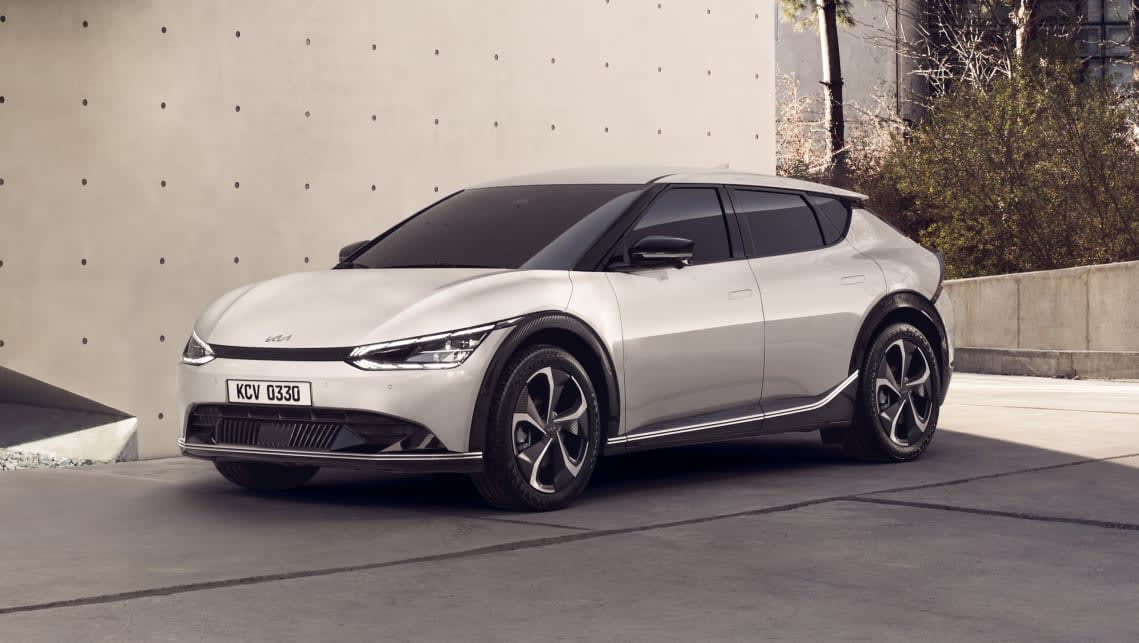
Electric cars have been touted as the future of transportation, with many claiming that they are better for the environment than traditional gasoline-powered vehicles. But is this really the case? In this article, we will explore the environmental impact of electric cars and compare them to their gas-guzzling counterparts.
Firstly, it is important to note that electric cars produce zero emissions while driving, meaning they do not release harmful pollutants into the air. This is a significant advantage over gasoline-powered cars, which emit carbon dioxide, nitrogen oxides, and other harmful pollutants that contribute to air pollution and climate change.
However, the environmental impact of electric cars is not limited to their emissions while driving. The production of electric cars requires the mining and processing of rare earth metals, which can have a significant environmental impact. Additionally, the production of batteries for electric cars requires a large amount of energy, which is often generated from non-renewable sources such as coal and natural gas.
Furthermore, the disposal of electric car batteries can also have a negative impact on the environment. While some batteries can be recycled, many end up in landfills where they can leak toxic chemicals into the soil and water.
Despite these concerns, electric cars still have the potential to be better for the environment than gasoline-powered cars. This is especially true if the electricity used to power them comes from renewable sources such as wind or solar power. Additionally, advancements in battery technology and recycling methods could help to reduce the environmental impact of electric cars in the future.
In conclusion, while electric cars may not be perfect, they do offer significant environmental benefits over traditional gasoline-powered vehicles. However, it is important to consider the entire lifecycle of electric cars, from production to disposal, in order to fully understand their impact on the environment.





